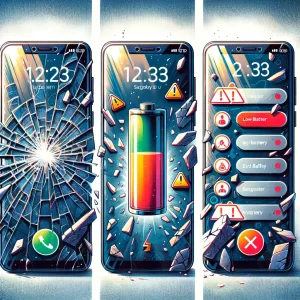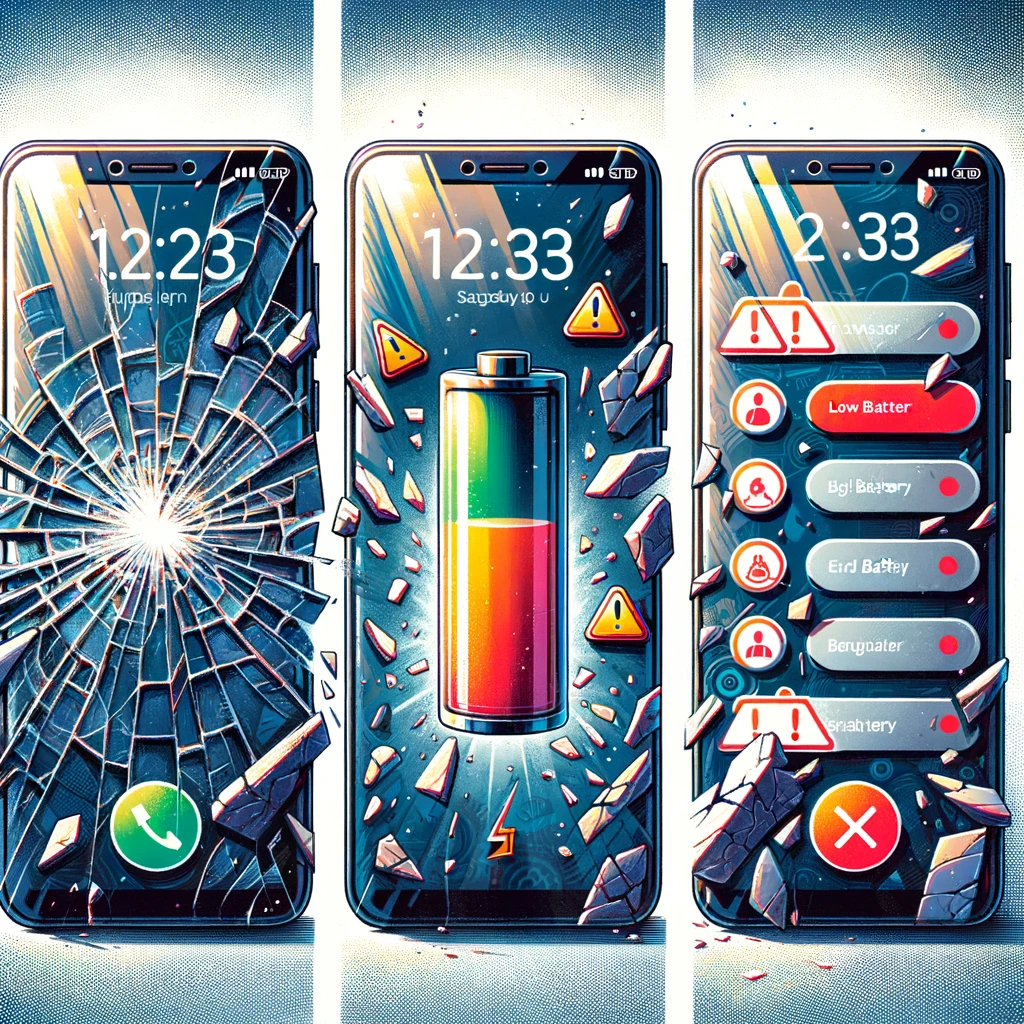Contents
- 1 What is the problematic mobile phone use scale?
- 2 What is excessive smartphone use?
- 3 What are the problems with phone usage?
- 4 What is the issue with smartphones?
- 5 How bad are smartphones for the environment?
- 6 Is excessive use of mobile phones bad for your psychological health?
- 7 How much phone use is considered excessive?
- 8 How many hours a day is phone addiction?
- 9 How many hours of mobile usage is safe for the eyes?
- 10 What is Nomophobia?
- 11 What does phone addiction look like?
- 12 What is a famous quote about phone addiction?
- 13 Do smartphones cause anxiety?
- 14 Why would a girl have two phones?
What is the problematic mobile phone use scale?
The Problematic Mobile Phone Use Scale is a tool designed to measure the level of difficulty individuals experience in managing their mobile phone usage. This scale assesses various dimensions of mobile phone use, including emotional attachment to the device, anxiety when separated, and the impact on daily activities and relationships. Identifying patterns that could indicate problematic usage is essential, potentially leading to interventions or strategies to mitigate negative consequences. Understanding one’s position on this scale can be a step towards healthier digital habits, balancing connectivity with overall well-being.
What is excessive smartphone use?
Excessive smartphone use refers to the overuse of smartphones to the point where it negatively impacts an individual’s life. This can manifest in various ways, such as reduced physical activity, disrupted sleep patterns, and decreased face-to-face interactions. Excessive use often leads to dependency, where individuals feel anxious without their devices. Recognizing and addressing excessive smartphone use is crucial for maintaining a balanced lifestyle and preventing potential mental and physical health issues.

What are the problems with phone usage?
While offering numerous benefits, phone usage comes with its share of problems. Excessive use can lead to physical issues like eye strain and neck pain, known as “text neck.” It can also affect mental health, contributing to stress, anxiety, and sleep disturbances. Socially, constant phone use can impair personal relationships and reduce face-to-face interactions, leading to a sense of isolation. Addressing these problems requires a conscious effort to moderate phone use and engage in other activities.
What is the issue with smartphones?
The issue with smartphones lies in their potential to foster addictive behaviors, leading to excessive use. This can detract from face-to-face interactions, contribute to mental health issues like anxiety and depression, and even cause physical discomfort. The convenience and versatility of smartphones, while beneficial, can also encourage constant connectivity, impacting personal relationships and overall well-being. Navigating these challenges involves finding a balance between digital and real-world experiences.
How bad are smartphones for the environment?
Smartphones pose significant environmental challenges, from extracting rare minerals for their components to the energy consumed in their production. The short lifespan and rapid turnover of devices exacerbate electronic waste, which is often not appropriately recycled, leading to pollution and health hazards. The environmental footprint of smartphones is a growing concern, urging the need for more sustainable practices in their design, production, and disposal.
Is excessive use of mobile phones bad for your psychological health?
Excessive use of mobile phones can indeed be detrimental to psychological health. It can lead to symptoms of anxiety and depression, disrupt sleep patterns, and decrease overall life satisfaction. The constant need for social validation through digital interactions can also impact self-esteem. Acknowledging these risks and adopting healthier habits can help mitigate the psychological impacts of mobile phone overuse.
How much phone use is considered excessive?
Excessive phone use can be subjective, but generally, it’s considered when the device significantly interferes with daily life, such as work, social interactions, and sleep. Spending more than 3-4 hours daily on non-productive activities on the phone might be seen as excessive. However, this varies by individual and context, and it’s crucial to assess the impact on one’s life rather than just the hours spent.
How many hours a day is phone addiction?
Phone addiction isn’t defined by a strict number of hours but rather by the impact on an individual’s life. If phone use causes significant distress or impairs daily functioning, it could indicate an addiction. Generally, spending more than 4-5 hours daily on the phone, especially on non-essential activities, might suggest addictive behavior. Evaluating usage patterns and their effects on one’s life is essential.
How many hours of mobile usage is safe for the eyes?
To safeguard eye health, it’s recommended to limit continuous mobile phone use to less than 2 hours at a time, with breaks every 20 minutes to reduce strain. Adjusting screen settings for comfort and using devices in well-lit environments can also help. Moderation and mindfulness are vital in preventing eye strain and maintaining good vision.
What is Nomophobia?
Nomophobia refers to the fear of being without a mobile phone or being unable to use it for some reason. It’s characterized by anxiety when one is without their device, worrying about losing connectivity or being out of touch. Recognizing and addressing nomophobia involves understanding the underlying anxieties and developing healthier relationships with technology.
What does phone addiction look like?
Phone addiction manifests as compulsive use of the device, often at the expense of real-life interactions and responsibilities. Symptoms include an inability to reduce usage, feeling anxious without the phone, and neglecting social, occupational, or recreational activities. Identifying and addressing these behaviors is crucial for overcoming phone addiction.
What is a famous quote about phone addiction?
A poignant reflection on phone addiction is by Denzel Washington: “Put your phone down. You’re not that important.” This quote underscores the importance of disconnecting and being present, reminding us that constant connectivity is not as crucial as real-world experiences and relationships.
Do smartphones cause anxiety?
Smartphones can contribute to anxiety, primarily through constant notifications, social media, and the pressure to be always available. The information overload and the need for instant responses can heighten stress levels. Managing notifications and setting boundaries for smartphone use can help reduce anxiety associated with smartphone use.
Why would a girl have two phones?
Having two phones can stem from various reasons, such as separating work and personal life, managing different social circles, or maintaining privacy. It’s not necessarily indicative of anything problematic but rather a personal or professional choice to organize and categorize various aspects of one’s life.
Related Story : What Important Legal Reform did Henry ii Enact?
